Back at the London Film Festival we saw the premiere of one of the most naturalistic films we’ve seen in quite some time – in the form of Harry Wootliff’s debut feature from behind the lens, Only You. Telling the story of two young lovers who meet in London – played by Josh O’Connor and Laia Costa, we subsequently watch their relationship unfold, seeing it at its more beautiful, and most strenuous. Now with UK distribution thanks to Curzon, the film is back in cinemas this weekend and to mark the occasion we sat down with both lead stars, along with their director, to discuss this charming, and moving piece of contemporary cinema.
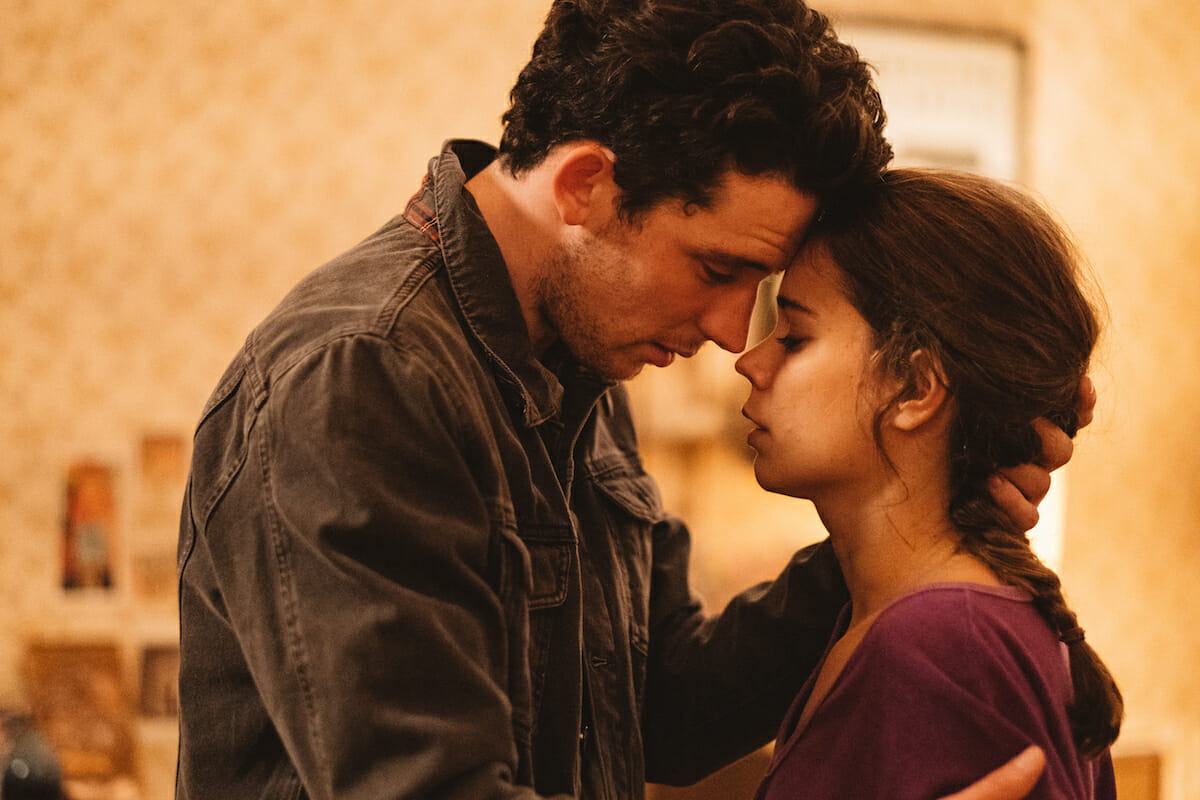
This is your debut feature Harry, it must be quite surreal that after a long journey it’s finally here, people are watching it.
Harry Wootliff: It definitely is quite surreal. It feels quite abstract until you’re in that cinema watching it with everybody, it doesn’t feel like it’s happening. Also this is the first time that we’ve all been together since the shoot, which is also quite strange.
That must particularly be strange for you two. When you share such an intense relationship on screen, it can’t be easy to work so closely with another actor, and then that’s it, see you later.
Josh O’Connor: You know what, that is something I have thought, and it’s the one slight downside to an otherwise brilliant job. Relationships are very difficult, I find, because you do a job and you have this family, and it is like a family if you’re lucky, like a really tight-knit group, and often there are these beautiful talented characters and people you meet, and then you go on to the next job, and it’s impossible to think too much about it. What’s lovely is when you come back together and you get to share the work you did, but you can’t stay in it, because they’re such intense friendships and relationships that you build and especially for Laia and I, that relationship wasn’t just between us, it was with Harry too, and that was the life of it, I almost felt like I needed to get to know them all again beyond this world we created. So yeah it is hard, it’s one of the hardest parts of the job I think.
Harry Wootliff: It’s only in retrospect you realise how lucky you are, and I feel so lucky because it was a very straightforward relationship between us three, all trying to do the same thing together.
Laia Costa: When it’s good you want to keep it. It’s not always like that, I feel very lucky when it’s like this. It’s why you always keep three or four very special people from the crew. You get along with all of them and even if you don’t see each other, you stay in touch with some of them, and then you get to know them, and you realise they’re cool.
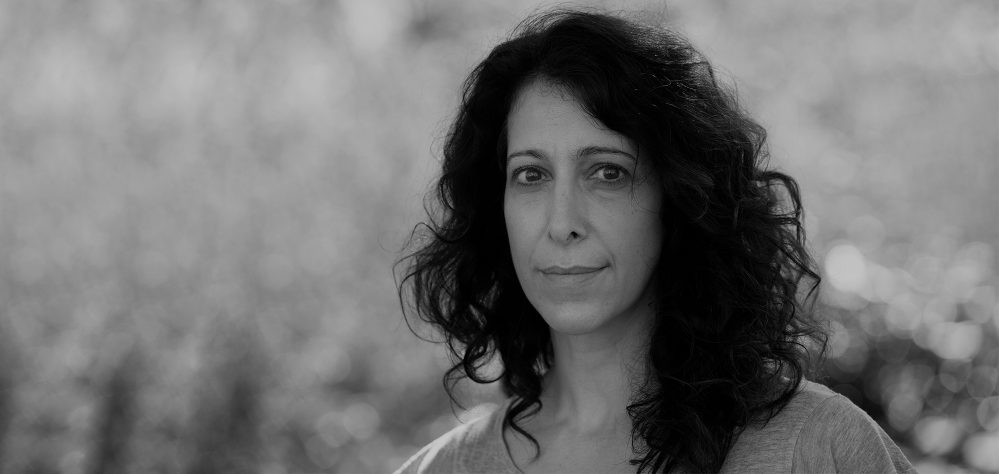
The film is strikingly naturalistic, right from that first scene in the taxi, it felt so unscripted. Was there room to improvise?
Laia Costa: No, everything was scripted, the whole thing.
Was it quite choreographed then? As you had to speak over each other at certain points to help create that authenticity?
Laia Costa: It helped that we did it over and over again.
Josh O’Connor: Also when you’ve done the work and you’ve put everything on the other person, then when a thought comes into your mind, and Harry has written a script where those thoughts are there, you just say it. So even if Laia is halfway through what she’s saying, if Jake has thought the thought I’d gonna just say it. So that’s when you get this really magical scene, because that’s how real life works.
Harry Wootliff: That’s a challenge in the edit too, to manipulate it and find the energy and find the little looks, especially in the taxi actually.
Josh O’Connor: I really like the taxi scene as well, it’s that first connection they have, and they’re sat looking and facing the same way. I always think that’s really interesting in film.
Harry Wootliff: I spoke to both Josh and Laia about this scene, and Josh said that he’d go in there to chat her up, he’s not really predatory, and I thought okay, and I tweaked the scene a little bit, and I spoke to Laia and she said she wasn’t in the mood to meet anyone.
Josh O’Connor: And then that’s what you get, two people stuck in the taxi who think – do we have to talk to each other?
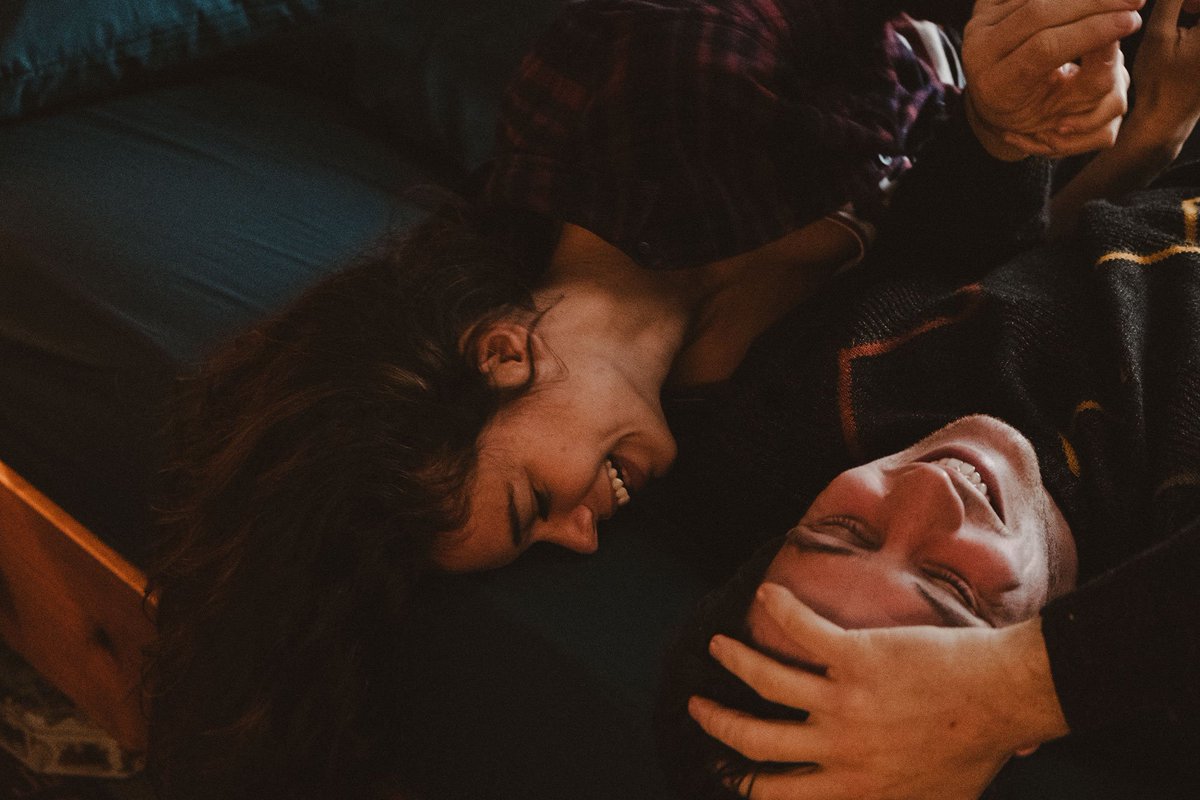
When a film is so real and so raw, like this is, can it be harder to watch back?
Laia Costa: No, I love it. I always want to be very real and raw in my performances, so if I can have that I’m happy with it. I’m also very nice to myself, I never think that I don’t like to watch myself – I love to watch myself. I’m just there enjoying the movie. I get into it, and I’m in the story very easily, if the story is good, of course.
Most films end with the couple kissing – following the conventional ‘will they, won’t they’ narrative structure, and that’s it, a happy ending. You look at When Harry Met Sally, they get together and we leave happy. But after the credits roll they’ll have troubles and disagreements and tensions – so was that the genesis of this, we always see the beautiful beginning of every relationship, but rarely what happens next.
Harry Wootliff: Yeah, and also I think feeling that we’re kind of sold that idea. Falling in love is weird because it is like a drug at first and you feel so euphoric, so you’re sold something that isn’t going to continue in that way, and I think it does take a focus, and sometimes work and commitment, but if you don’t just dump each other and get through something… I mean it’s hard for two people to communicate well, and it’s hard when life gets difficult to stay together, to remain united as a team and not implode and not lay blame. So I did want you to come out and think – we’re like them, and they’re great, so that’s okay.
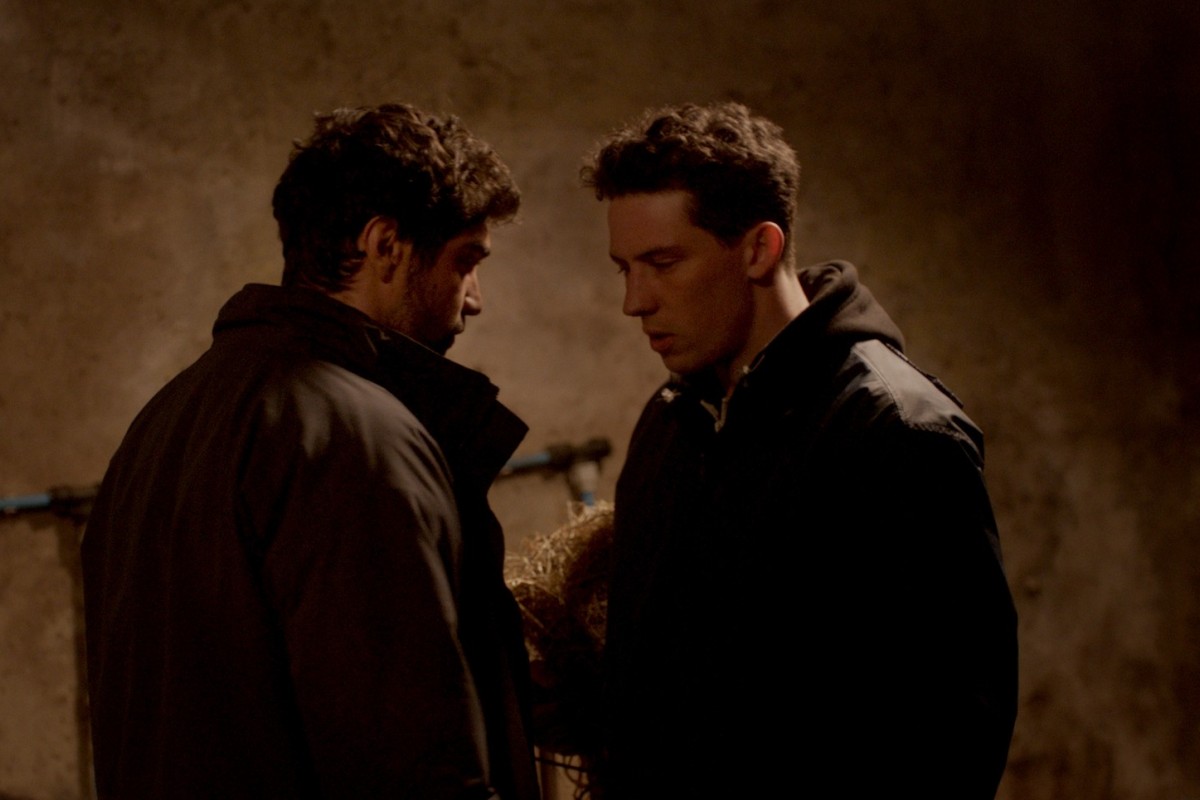
In the modern world things happen later these days. People are buying properties later, they’re moving out of their parents much later, it’s all been pushed back and we’re not becoming adults now until our mid-30s. But the one thing that isn’t changing is biology, which is another theme that you explore here – and one seldom seen in cinema. When making this did it feel like you were creating something you hadn’t seen before?
Harry Wootliff: It didn’t feel to me like a typically British film, maybe. In that way I felt it was a bit different, but it was something I knew I’d like to watch.
Josh O’Connor: Yeah totally. I haven’t seen that story before, and not told in this way, which is really great and exciting. So yeah I agree, it felt like a new story. What is so beautiful about good cinema, is that as an audience member you should feel honoured to have been allowed to sit to watch human expression in a narrative that the filmmaker chooses. So at the end of the film that’s when the filmmaker decides, alright that’s enough, you’ve seen what we’ll allow you to see, and the rest is for Jake and Elena, and I think that’s really nice, that they’re in there somewhere, in Harry;s imagination – still together or not, I dunno
Harry Wootliff: Yeah I wanted to feel at the end that Jake and Elena are walking home now – and usually we go with them, and then they’re gone and you don’t get to see what happens next.
I interviewed Laszlo Nemes for Sunset and he said his characters have secrets from him that even he doesn’t know despite creating them. Is that the same for you guys? Is there that disconnect between the people you’re creating, or portraying?
Laia Costa: I think they have secrets, because they’re human beings. There’s been a lot of times when the audience are watching something I’ve been doing and they tell me all the reasons for my characters actions, and it’s so cool because sometimes I wasn’t thinking about that, or the director, and yet they are seeing that. And that’s like a secret, right?
Harry Wootliff: I think definitely, as two characters you have your own objectives and your own point of view on the scene that were often quite different, and I would have separate phone-call rehearsal discussions with them, and they both had their own perspectives on things.

Talking about the reactions – it’s starting pick up buzz on the festival circuit, what’s it been like discussing this film with people? And have you found it resonates with them, as it’s telling a very specific story but one that is true of so many?
Harry Wootliff: We had a screening where we invited ten people in to watch it and that was interesting, and one of my producers sent me a text and one of her friends who saw it said that her relationship with her husband had really moved on and they’d been much more intimate that last week because of Only You [laughs]. It was something like that. One of the things people have said is they feel closer to their other halves when they leave, there’s a feeling of unity which I was really happy about.
It’s the beauty of film – knowing you’re not the only person who’s ever been through something.
Harry Wootliff: Yeah and that’s the crux of why we want to tell stories, I think. It is like having a conversation with someone you meet and realising you feel the same about something. If you get to do that and fill a whole cinema and everyone says they feel like that too, it’s a great feeling, to connect with humanity. I think that is it.
Harry, you’ve managed to nab two of the best young actors working today. You must’ve been so thrilled to have Josh and Laia on board?
Harry Wootliff: Really, completely thrilled, and it just felt so right. It’s like when you cast and you don’t have to ask anyone else’s opinion, you just know and you don’t care what anybody else thinks, you just have the courage of your convictions. It was really perfect, and watching them do the scenes was just so joyous. Especially because pre-production was so much hassle, you start to wonder why you wanted to be a director, but then you get in there and watch the monitor and you see the scenes and it’s amazing.
Before I go – Josh, let’s talk about Prince Charles quickly. What’s it like joining a series like The Crown that everybody already adores, getting involved with a show you already know is so good?
Josh O’Connor: Yeah, I really like it. It’s a lovely set, like this really, it’s always a pleasure when you’re working with people you respect that challenge you. When you’re doing a scene with someone like Laia, or Olivia Colman in The Crown, you have to up your game.


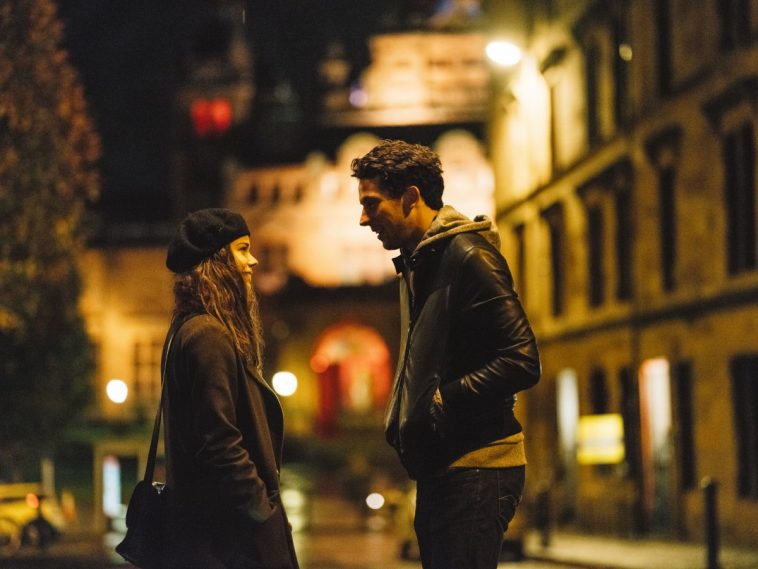

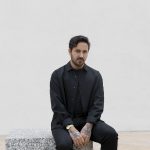
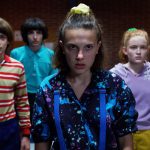



Leave a Comment